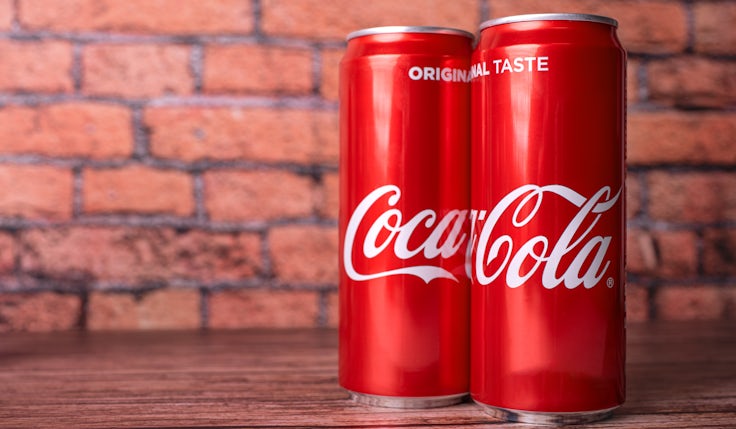On the Beach CEO credits brand differentiation for increasing marketing effectiveness
Travel brand On the Beach reduced marketing spend from 45% of its revenue last year to 38% this year. It claims its spend is working harder with a focus on offline and an increasingly differentiated brand.
 On the Beach has hailed the effectiveness of its marketing spend, enabled by an increasingly differentiated brand and targeted offline spend in the first half of the year.
On the Beach has hailed the effectiveness of its marketing spend, enabled by an increasingly differentiated brand and targeted offline spend in the first half of the year.
The travel brand’s marketing spend decreased as a percentage of revenue in its most recent financial year, ended 30 September 2023. Its marketing budget represented 38% of revenue, down from 45% last year, and below the brand’s historic investment rate of 40%.
In its full-year results filed today (5 December), On the Beach described its marketing investment as a “firm focus” and said it had stepped up the effectiveness of that spend.
The brand is seeking to “disrupt” the traditional tour operator market, emphasising its points of difference through communication around its perks and app offerings, for example. It invested £5.1m in its perks in 2023, which include free fast-track and lounge access.
“Having this differentiation increases the effectiveness of our offline and online marketing activities,” stated CEO Shaun Morton, speaking to investors today.
“It gives us the opportunity to talk about quality in a tangible way which strengthens our brand, broadens our appeal and helps attract new customers,” he added.
The differentiated brand also drives rebook rates and the likelihood for consumers to recommend it to a friend, he noted.
On the Beach credits marketing for rise in premium bookings
On the Beach now has a prompted awareness level of 88%, and its highest-ever top three consideration, at 30%. Among consumers aware of the perks the brand offers, that figure is 44%. Customers with a perk are also more likely to rebook, among this group, the brand’s net promoter score is +19%.
The brand stated it also optimised its marketing spend in the last 12 months by shifting it towards offline channels. In monetary terms, overall marketing spend increased to £40.6m from £38.9m, adjusted revenue grew by 23% in the year meaning the budget as a percentage of revenue decreased.
Online marketing costs did shrink in absolute monetary terms, declining by 4% to £26m. On the other hand, offline marketing costs grew by 23% to £14.6m this year.
The uptick was driven by On the Beach’s “largest-ever” offline marketing campaign, ‘The most wonderful time of the year’. The brand noted this saw a “transfer” of spend from online to offline.
It also timed its investment to tap into seasonality and used a “halo effect” built from its significant investment into The most wonderful time.
“We invested into offline marketing in the first half to support the peak booking period, with the expectation that this would have a halo effect in half two and offline spend will be lower, as we focused on online performance channels, and that is exactly what happened,” chief financial officer Jon Wormald said.
He added that the company expects its marketing spending in its current financial year, ending in September 2024, to follow a similar pattern.






